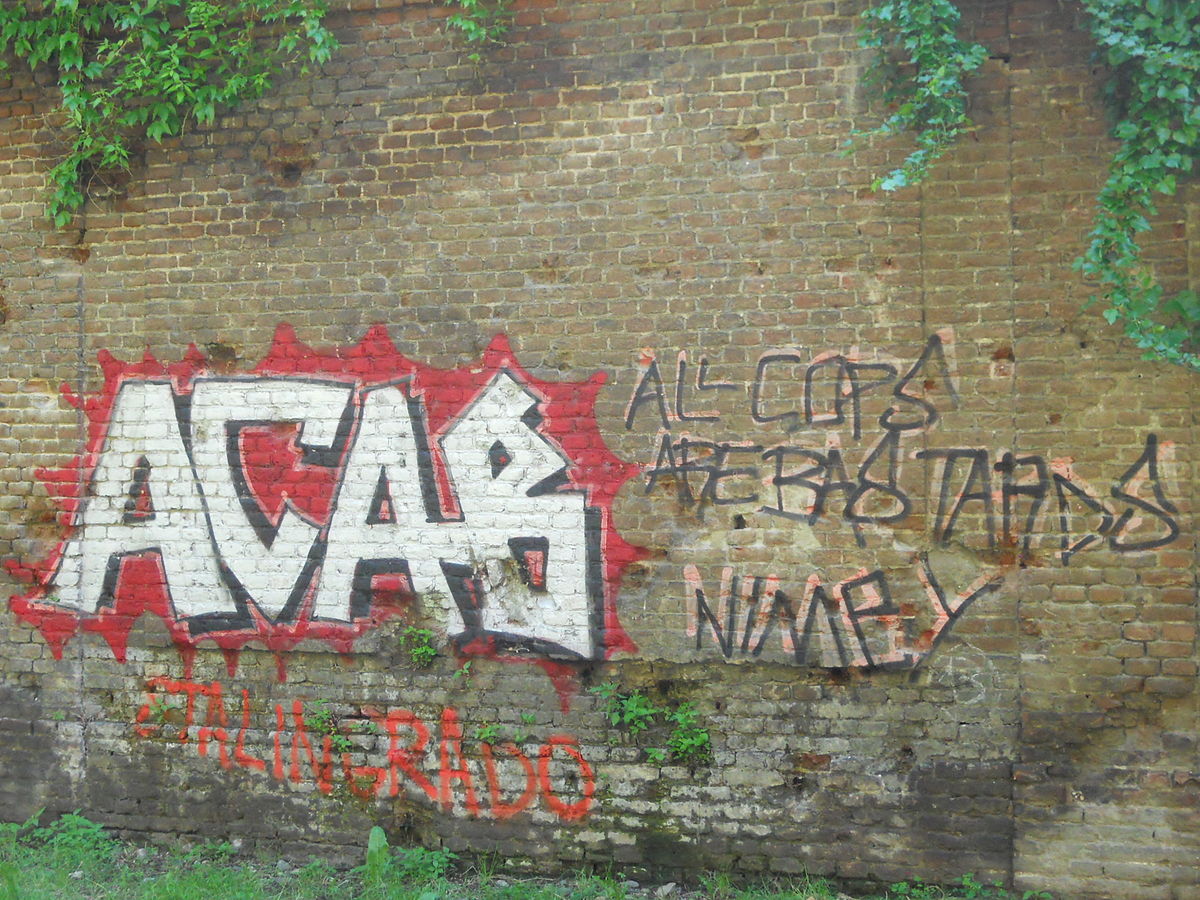We’re pulling the curtain back on a subject that’s as contentious as it is crucial: the concept of the “good cop.” We hear it all the time— “Not all cops are bad. There are good people who are cops.” But let’s break it down. Being a good person and being a good cop in a fundamentally flawed system? It’s a paradox that needs unpacking.
Let’s start with the core issue: systemic corruption. Policing as an institution is often deeply ingrained with practices that perpetuate inequality, violence, and discrimination. When the system itself is corrupt, how can anyone functioning within it claim moral high ground?
Too often, we hear of cops who “follow orders.” But what happens when those orders are inherently unjust? The oath to “serve and protect” often translates into serving the wealthy and powerful, and protecting property over people. Whether it’s the militarization of the police or the disproportionate targeting of marginalized communities, the fact remains: the system is rigged against the very people it claims to protect.
Here’s another dimension often overlooked but critical—class betrayal. Cops are, most often, working-class citizens. They come from the same neighborhoods and social strata as many they end up policing. Yet, by becoming enforcers of a capitalist, often oppressive system, they betray their class.
When they evict families from their homes, break up protests for fair wages, or harass street vendors trying to make an honest living, cops reveal where their true loyalties lie—not with their community, but with maintaining the status quo for those at the top.
We’ve all heard it: “It’s just a few bad apples.” But let’s clear up this tired metaphor. The full saying goes: “A few bad apples spoil the whole bunch.” When misconduct and abuse are so rampant, it’s not a case of “a few” bad apples—it’s systemic rot. And a good person operating within a system that punishes whistleblowers and rewards enforcers? It’s just not sustainable. Good cops, if they exist, are isolated and often driven out or silenced.
The training programs themselves are a huge part of the problem. The focus is often on control and dominance rather than community building and de-escalation. The culture within most police departments emphasizes loyalty to fellow officers over accountability to the public.
Programs like “warrior training” that condition officers to see civilians as potential threats only exacerbate this problem. In such an environment, good intentions can easily be corrupted or stifled.
The “thin blue line” mentality is another barrier to the idea of a good cop. This ideology fosters a “us versus them” mindset that dehumanizes the community cops are supposed to serve. It enforces a code of silence, discouraging officers from holding each other accountable.
If a cop witnesses abuse and does nothing, are they still a good cop? Silence equates to complicity. The code of silence protects bad behavior and makes it impossible for ‘good cops’ to change the system from within.
Many argue for police reform—train better, implement body cams, undertake community policing. But these patches don’t fix a fundamentally flawed system. When an institution is so deeply corrupted, the call should be for abolition or, at the very least, a radical restructuring.
We need to imagine new forms of community safety that don’t rely on armed officers who escalate situations. Mental health professionals, social workers, and restorative justice practitioners should replace many of the roles currently filled by police.
Are there good people who become cops? Absolutely. Are there good cops within a fundamentally flawed system? That’s a much tougher sell. Real progress requires radical change and the courage to envision a world where community safety doesn’t rely on an inherently oppressive institution.
Good intentions are not enough to redeem a system designed to uphold inequality. The sooner we realize that, the sooner we can work towards genuinely safer communities.


Leave a Reply